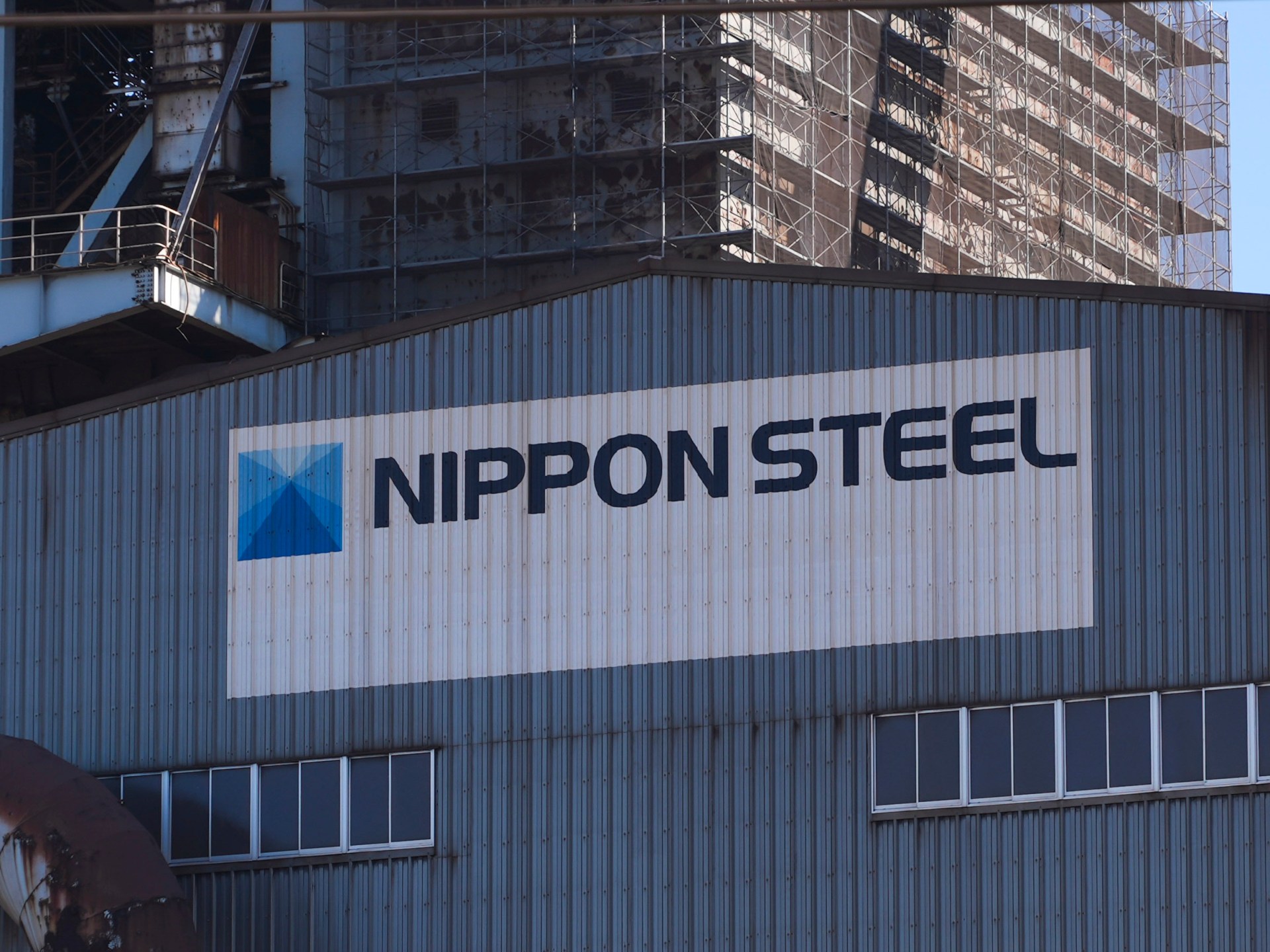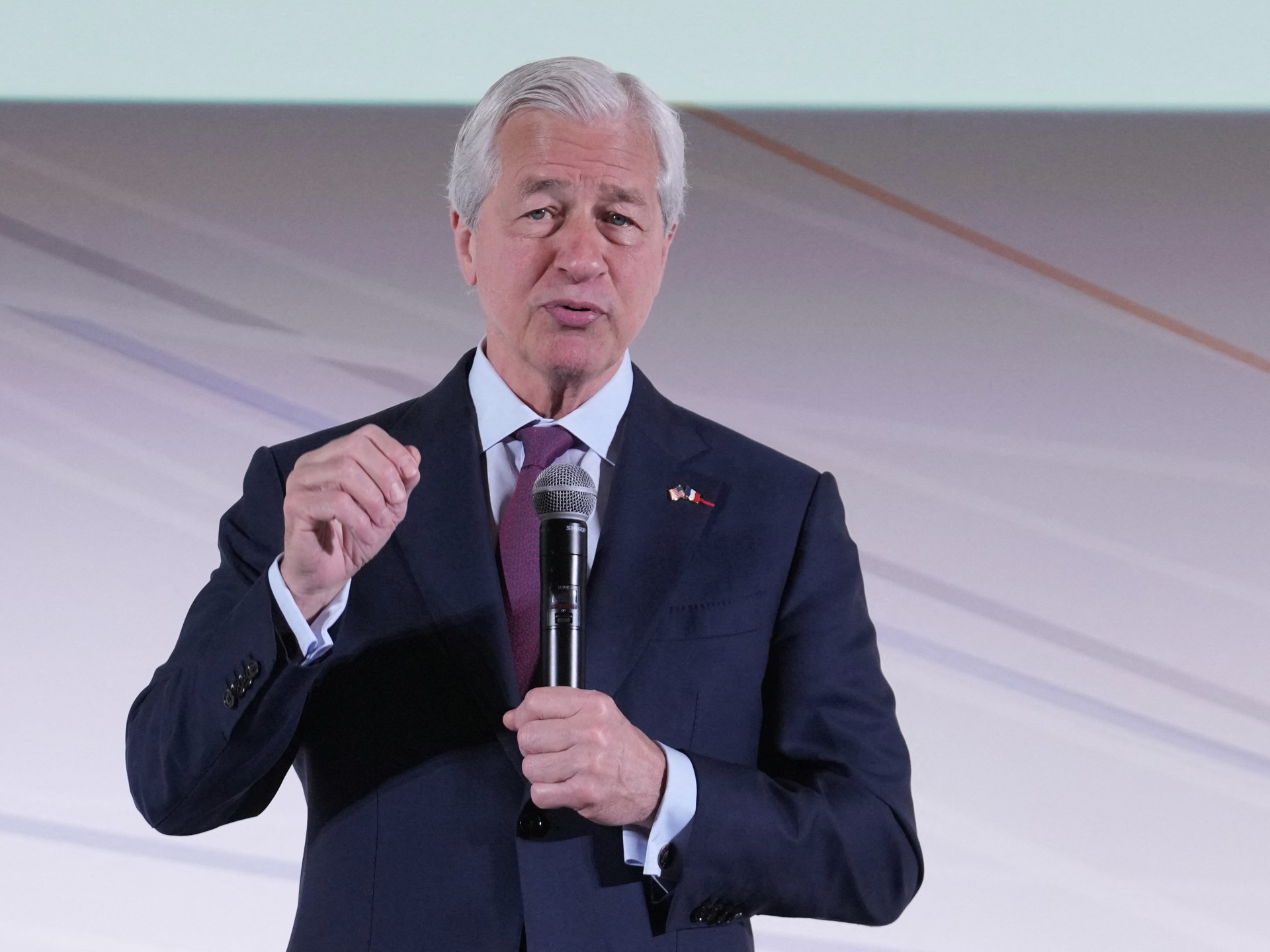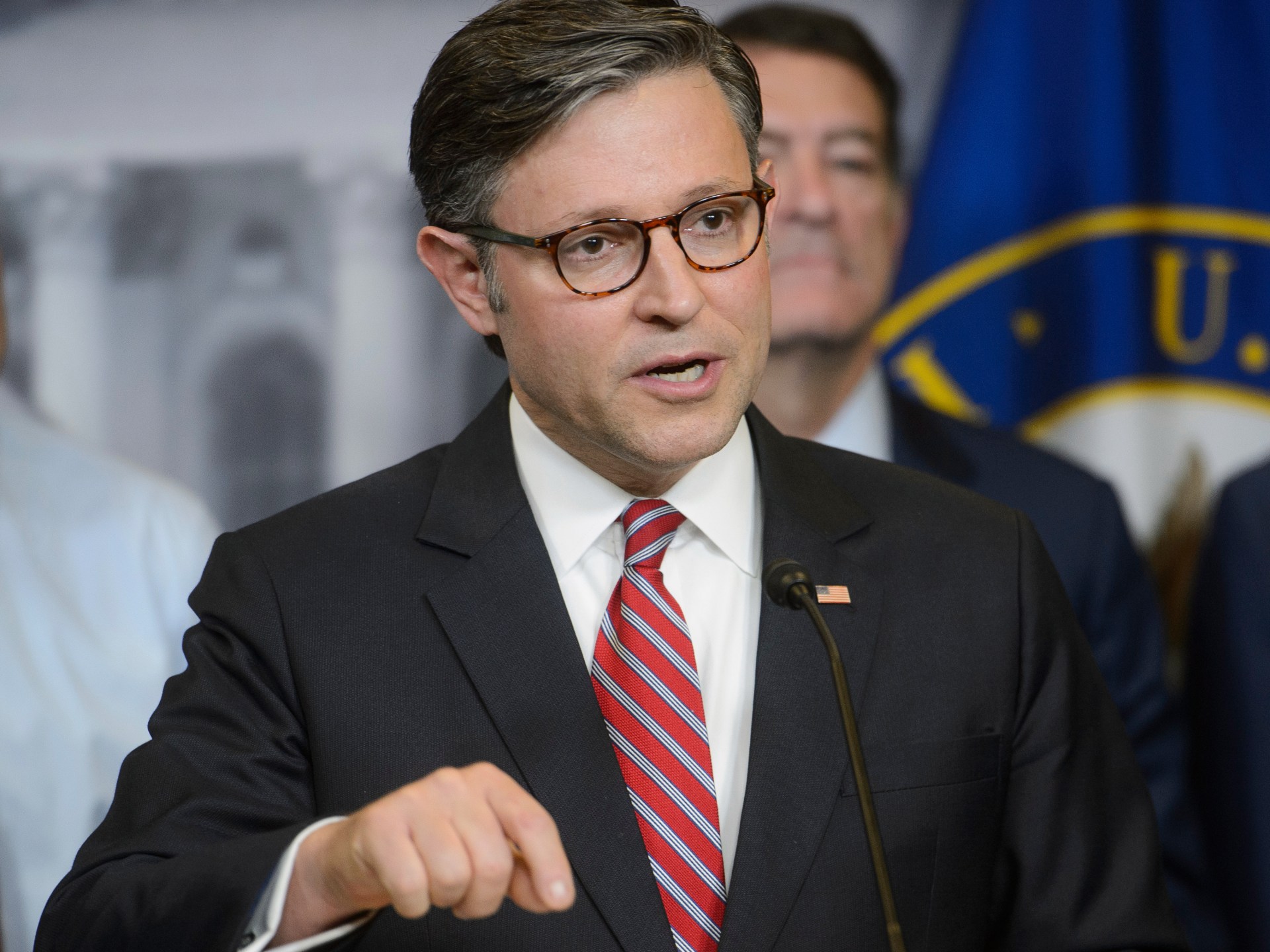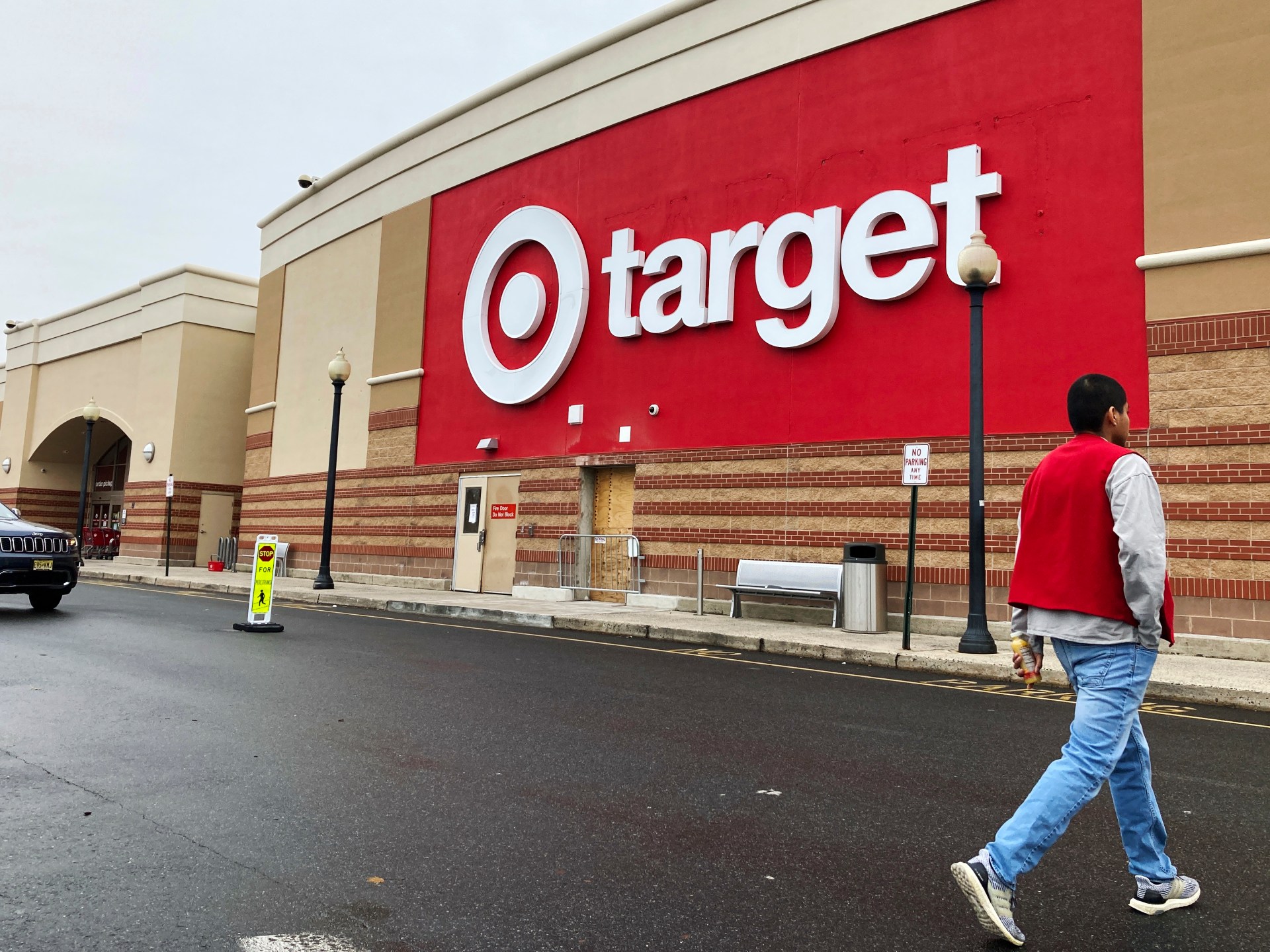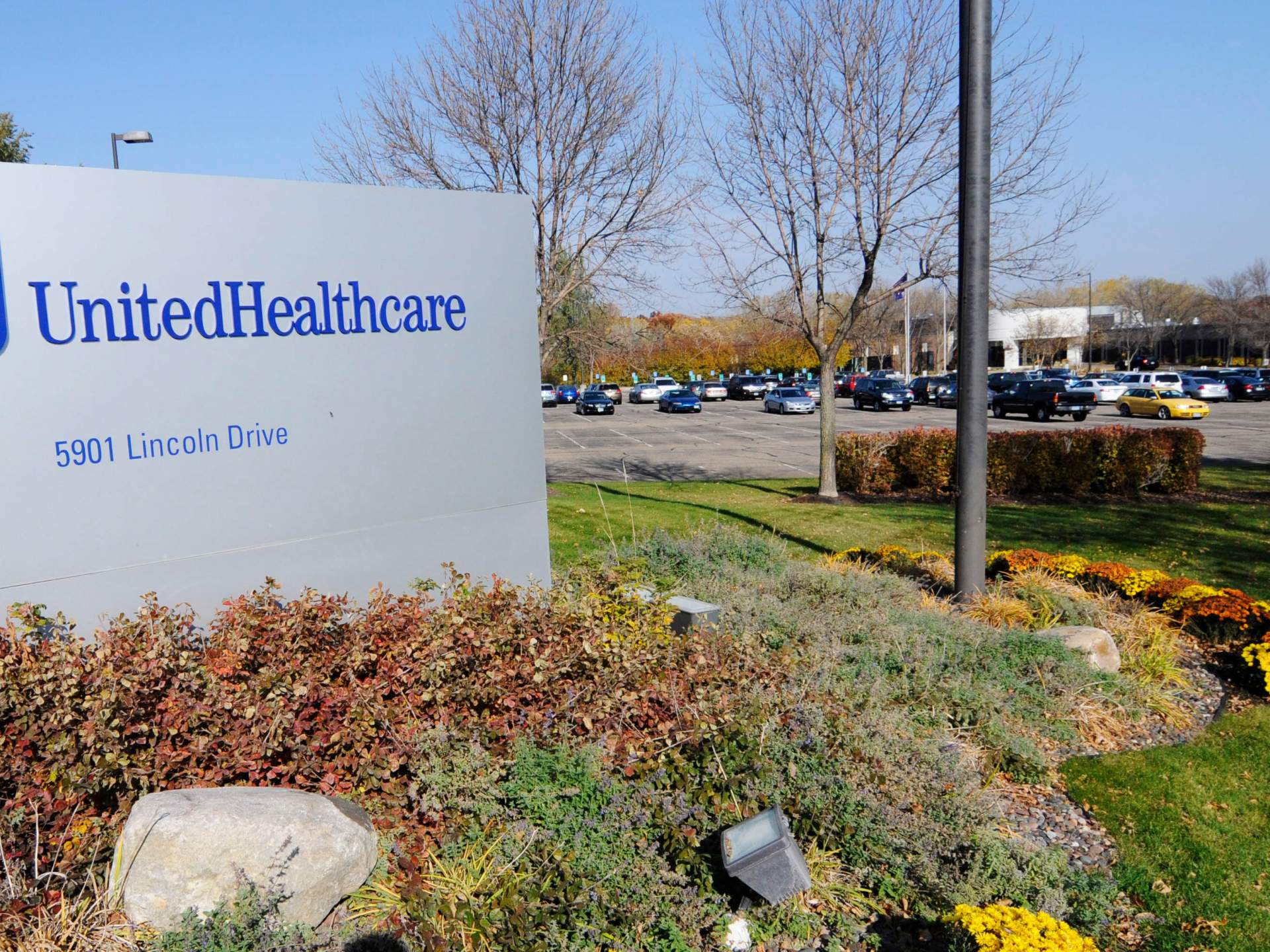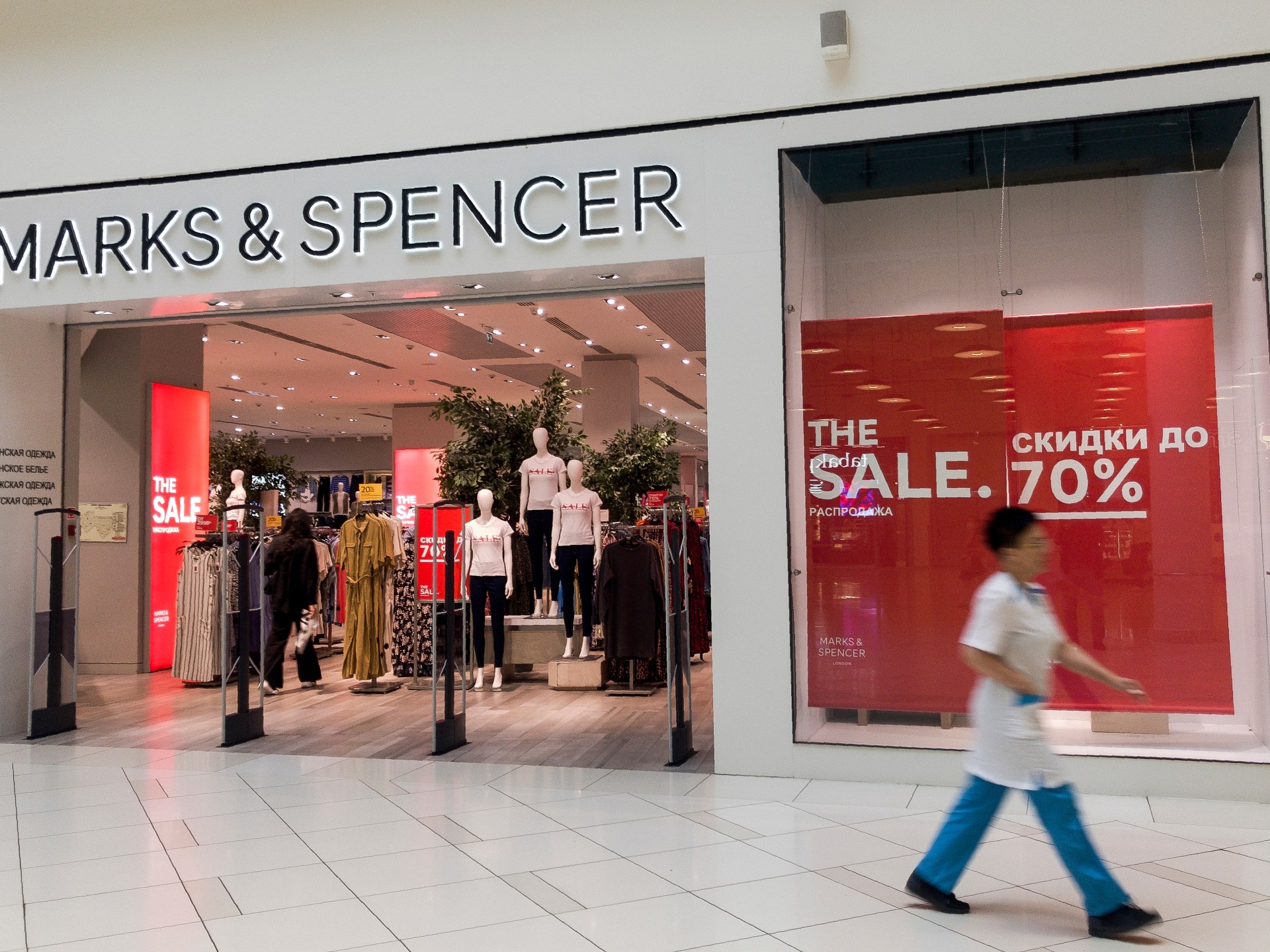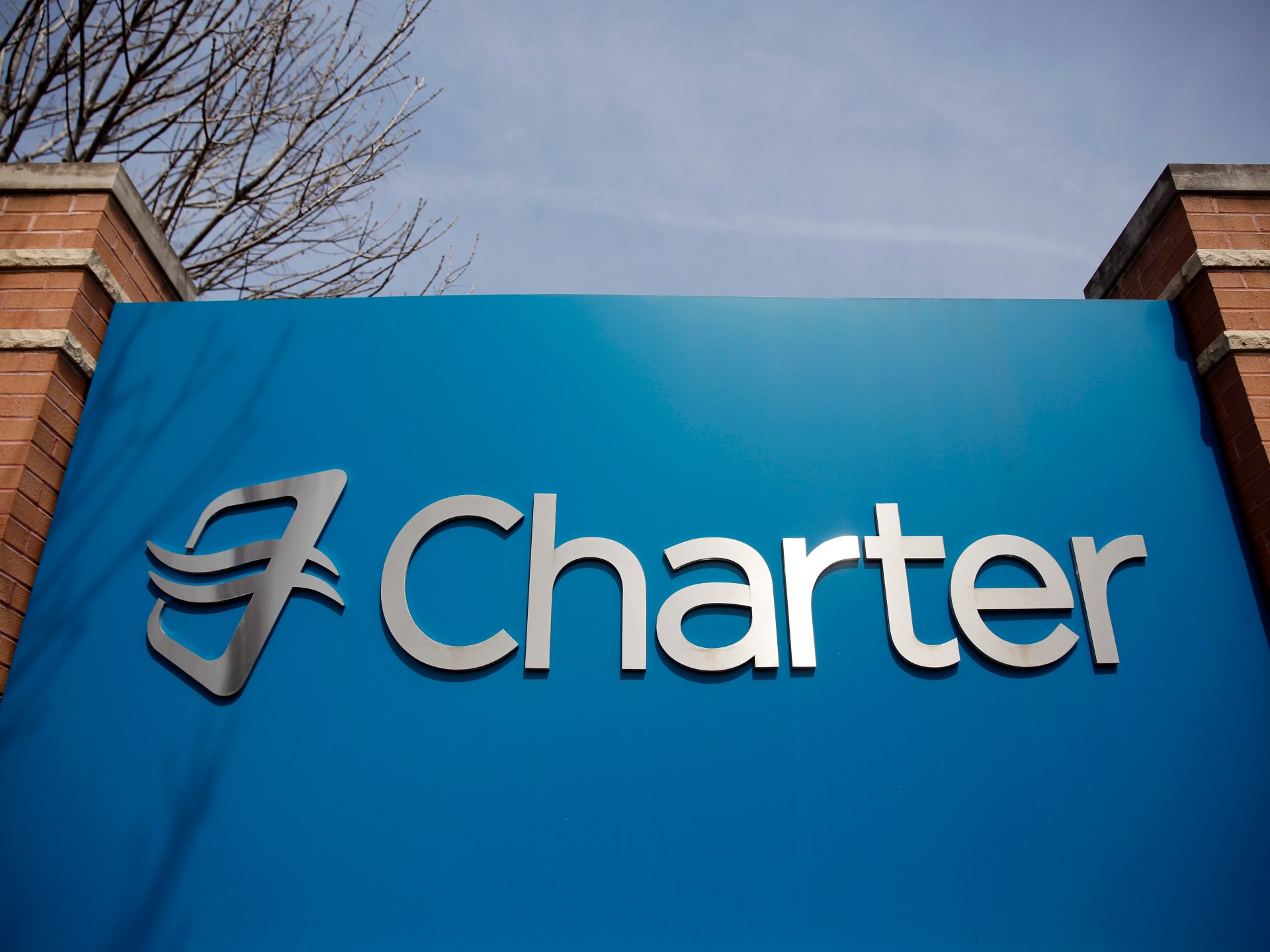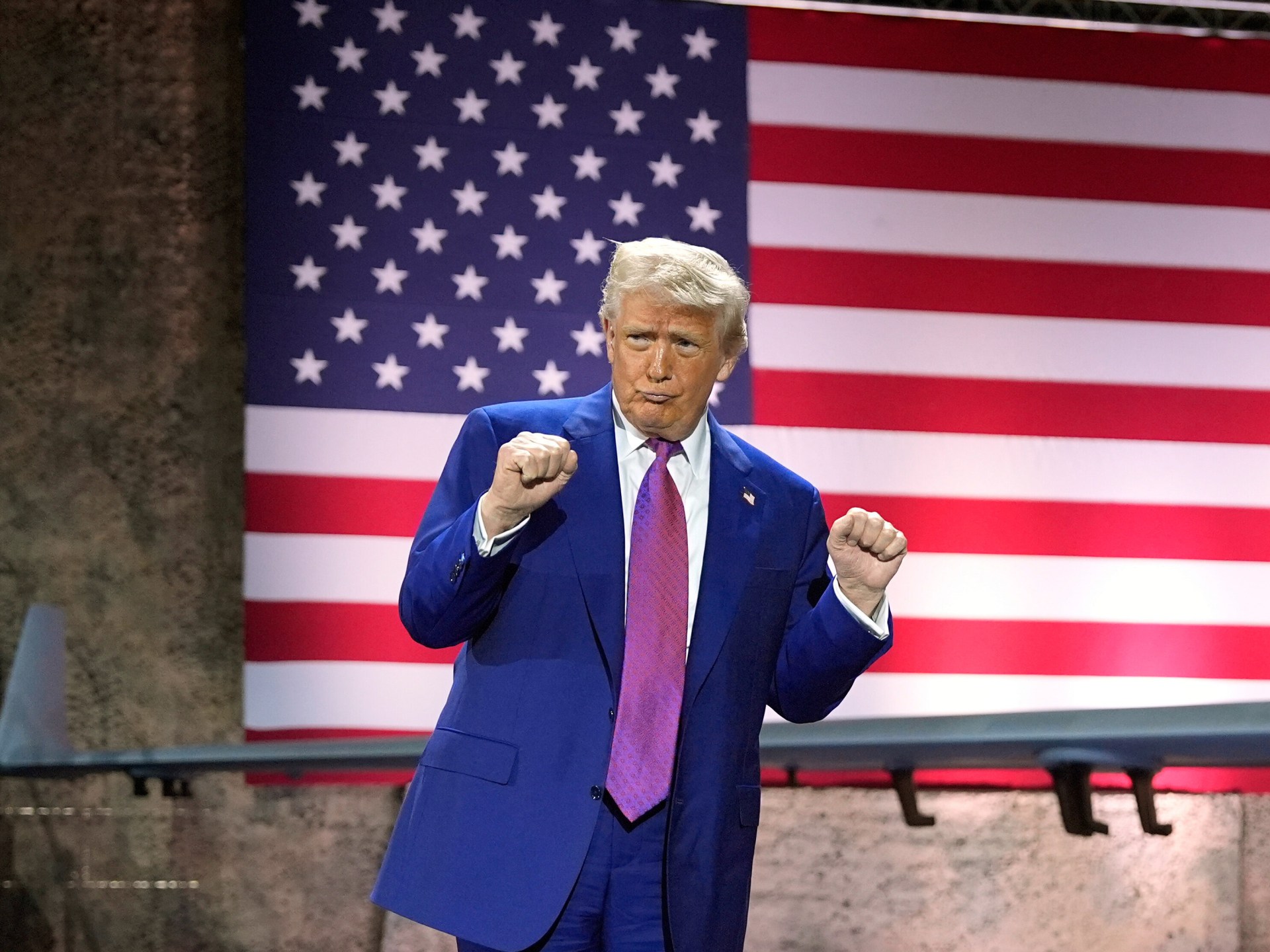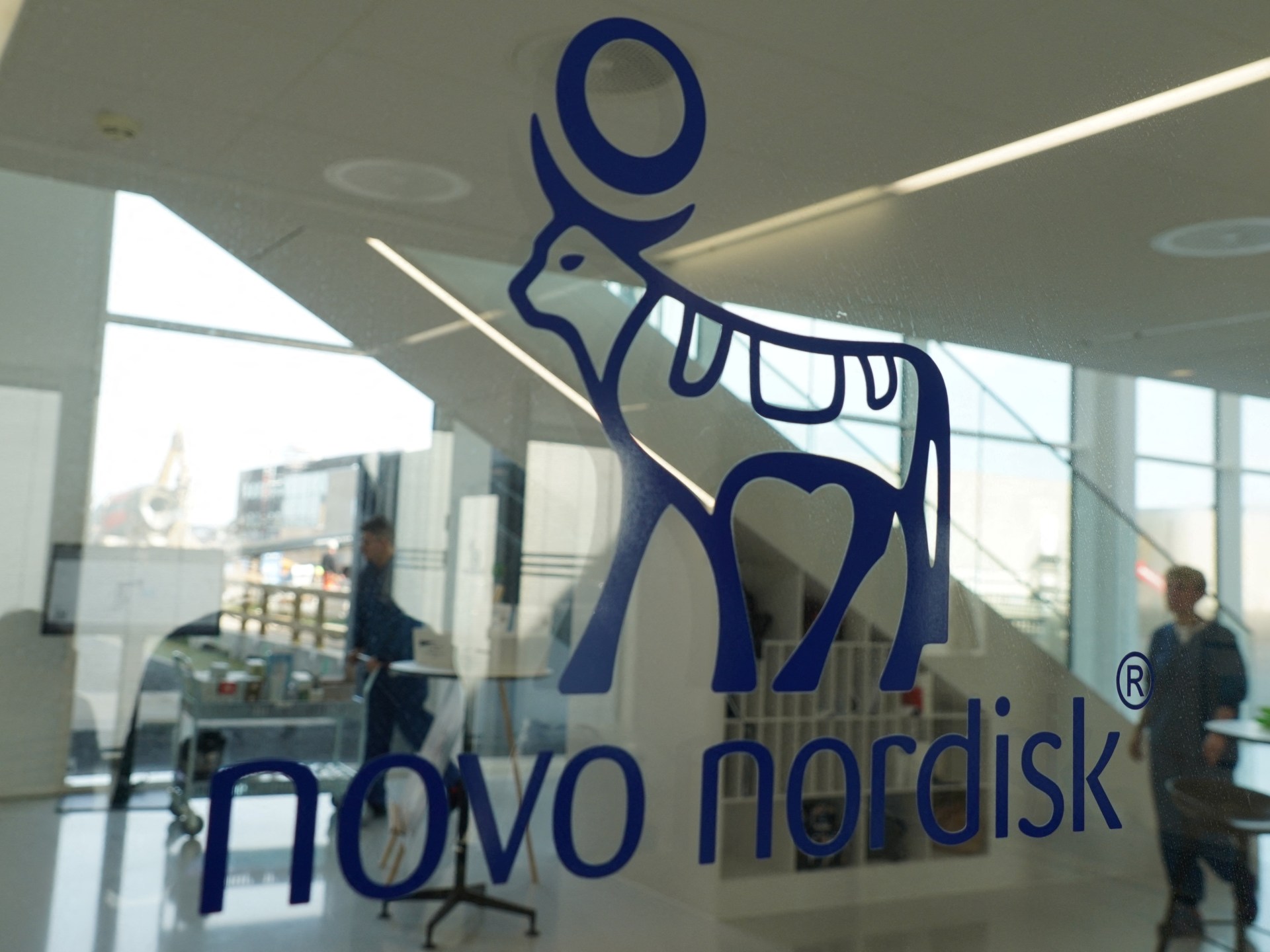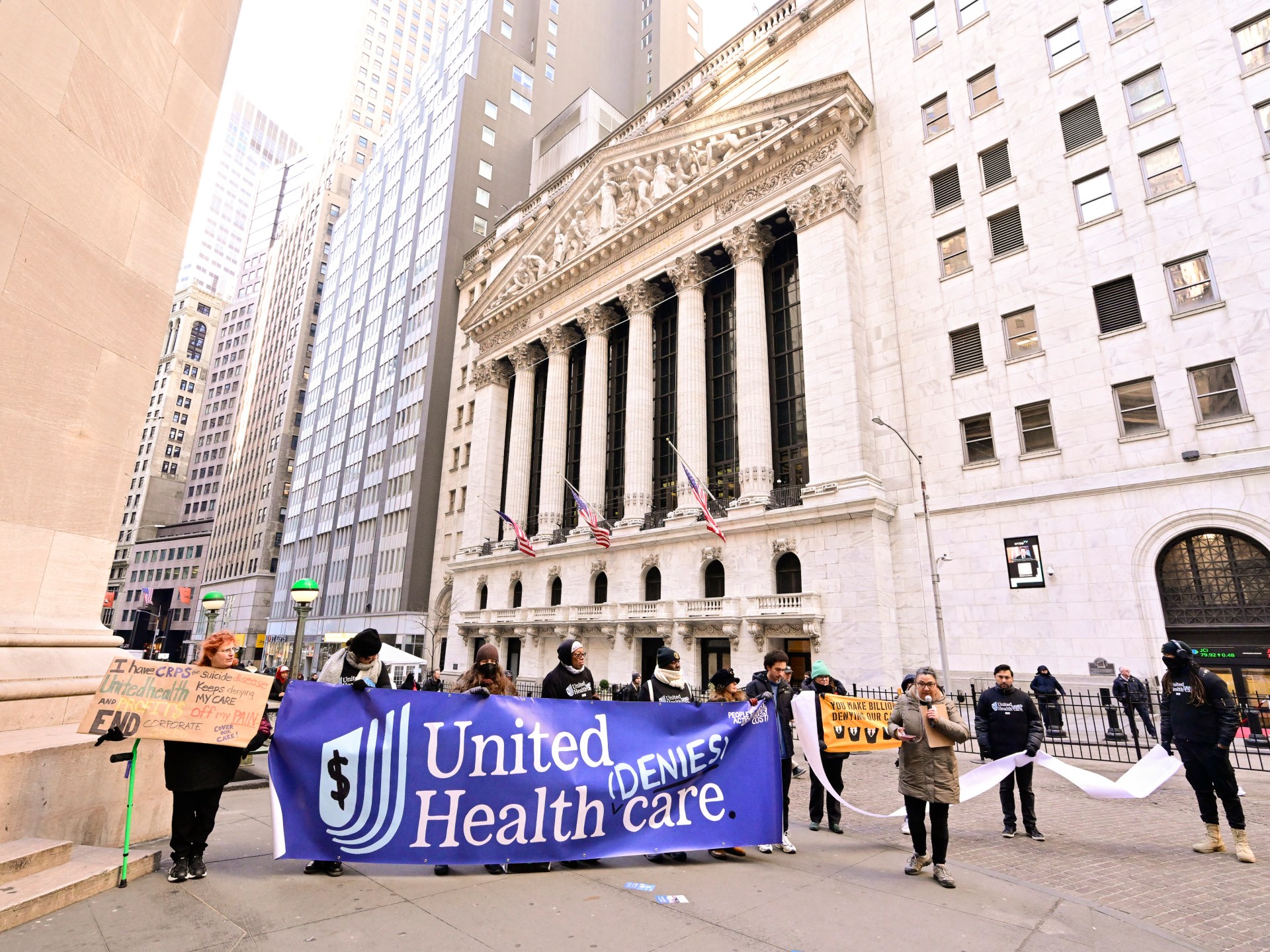US Steel shares soar on Trump’s apparent blessing for deal with Nippon | Business and Economy News
Investors interpreted Trump’s comments to mean Nippon Steel had received his approval for its takeover of US Steel.
United States President Donald Trump has expressed support for Nippon Steel’s $14.9bn bid for US Steel, saying their “planned partnership” would create jobs and help the US economy.
Shares of US Steel soared 21 percent on Friday after Trump’s comments as investors interpreted the president’s post on Truth Social to mean Nippon Steel had received his approval for its long-planned takeover, the last major hurdle for the deal.
“This will be a planned partnership between United States Steel and Nippon Steel, which will create at least 70,000 jobs, and add $14 Billion Dollars to the US Economy,” Trump said in a post on Truth Social on Friday.
This week, the Reuters news agency reported that Nippon Steel has said if the merger is approved, it would invest $14bn into US Steel’s operations, including up to $4bn in a new steel mill.
Trump added that the bulk of that investment would occur in the next 14 months and said he would hold a rally at US Steel in Pittsburgh next Friday.
Nippon Steel said it applauded Trump’s decision to approve the “partnership”. The White House did not immediately reply to questions about the announcement.
US Steel share price kept rising after hours and reached $54, just shy of Nippon Steel’s $55-per-share offer price made in late 2023. While no details were released, investors expressed confidence that terms will be similar to those agreed in 2023. Investors said that eventually US Steel will no longer be publicly traded and they will receive a cash payout for their shares.
Politically controversial
The deal has been one of the most highly anticipated on Wall Street after it morphed into the political arena with fears that foreign ownership would mean job losses in Pennsylvania, where US Steel is based. It factored into last year’s election that saw Trump return to the White House.
Pennsylvania Senator Dave McCormick, who also called the deal a “partnership”, on Friday said it was a “huge victory for America and the US Steel Corporation”, that will protect more than 11,000 Pennsylvania jobs and support the creation of at least 14,000 more.
The last pieces of the deal came together surprisingly fast. The Committee on Foreign Investment in the US (CFIUS), which reviews deals for national security risks, told the White House this week that the security risks can be addressed, Reuters reported, moving the final decision to Trump’s desk.
Following an earlier CFIUS-led review, former President Joe Biden blocked the deal in January on national security grounds.
The companies sued, arguing they did not receive a fair review process. The Biden White House rejected that view.
The companies argued Biden opposed the deal when he was running for re-election to win support from the United Steelworkers union in the battleground state of Pennsylvania. The Biden administration had defended the review as essential to protecting security, infrastructure and supply chains.
Trump also initially opposed the deal, arguing the company must be owned and operated in the US.
The United Steelworkers were against the deal as recently as Thursday when they urged Trump to block the deal despite the $14bn investment pledge from Trump.
For investors, including prominent hedge funds, the news spells relief after more than a year of waiting for a resolution. “There were huge high-fives all around today,” one recent investor said, adding, “We understood Donald Trump’s psyche and we played it to our advantage here.”
Investors said Trump appears to have won ground after the pledge for new investments was increased.
“This deal ensures that steelmaking will live on in Pittsburgh for generations,” another investor said.
